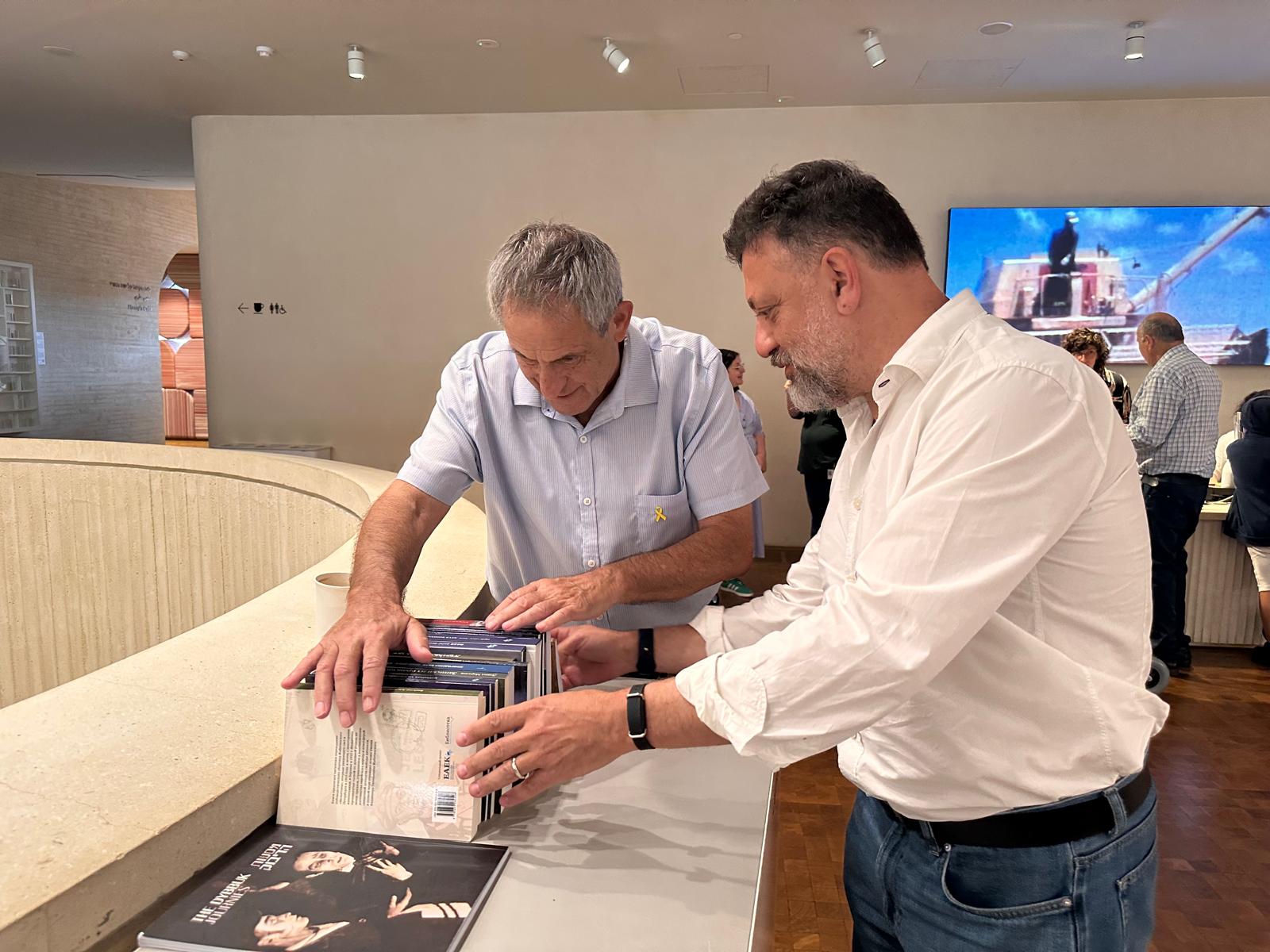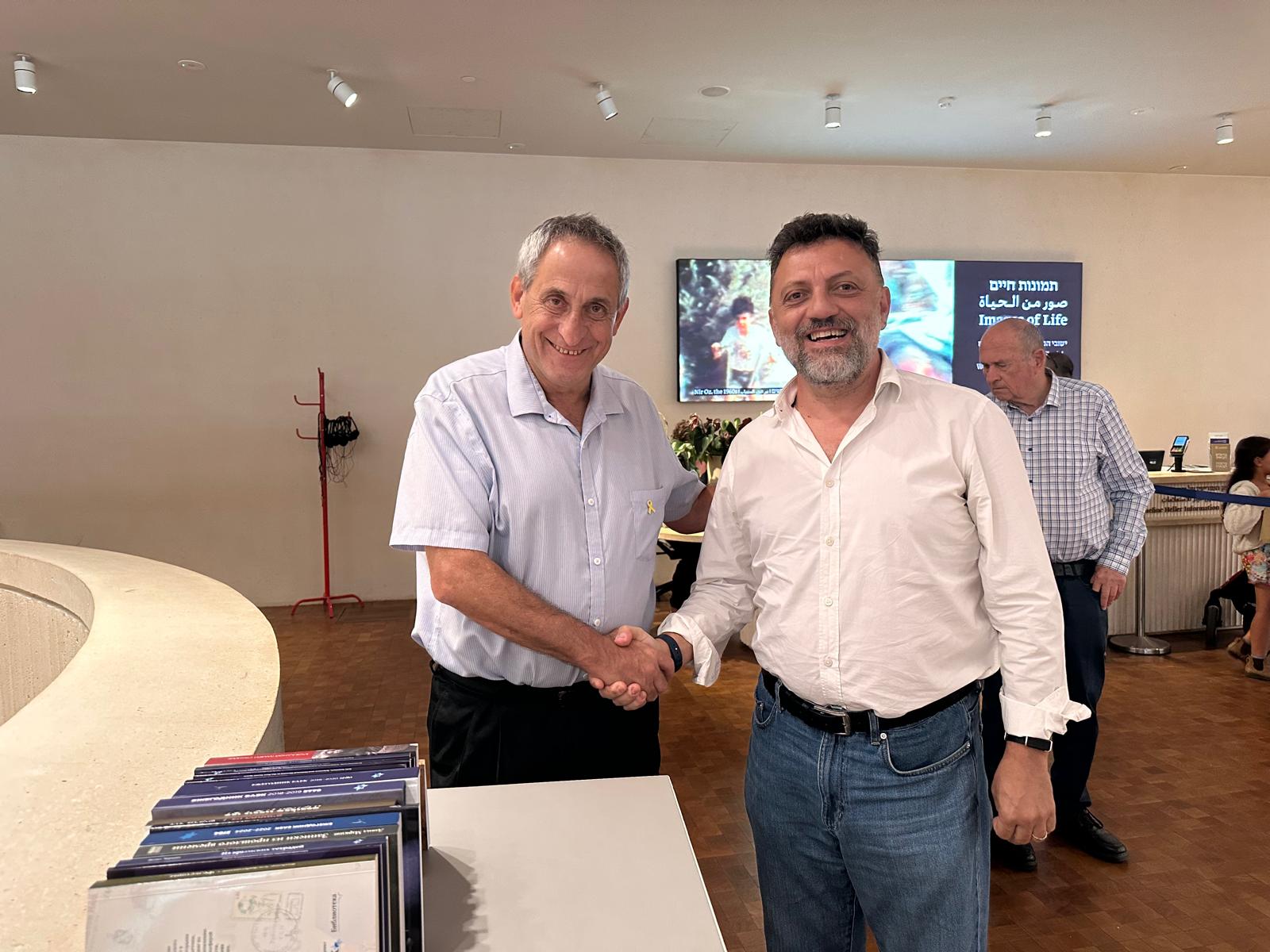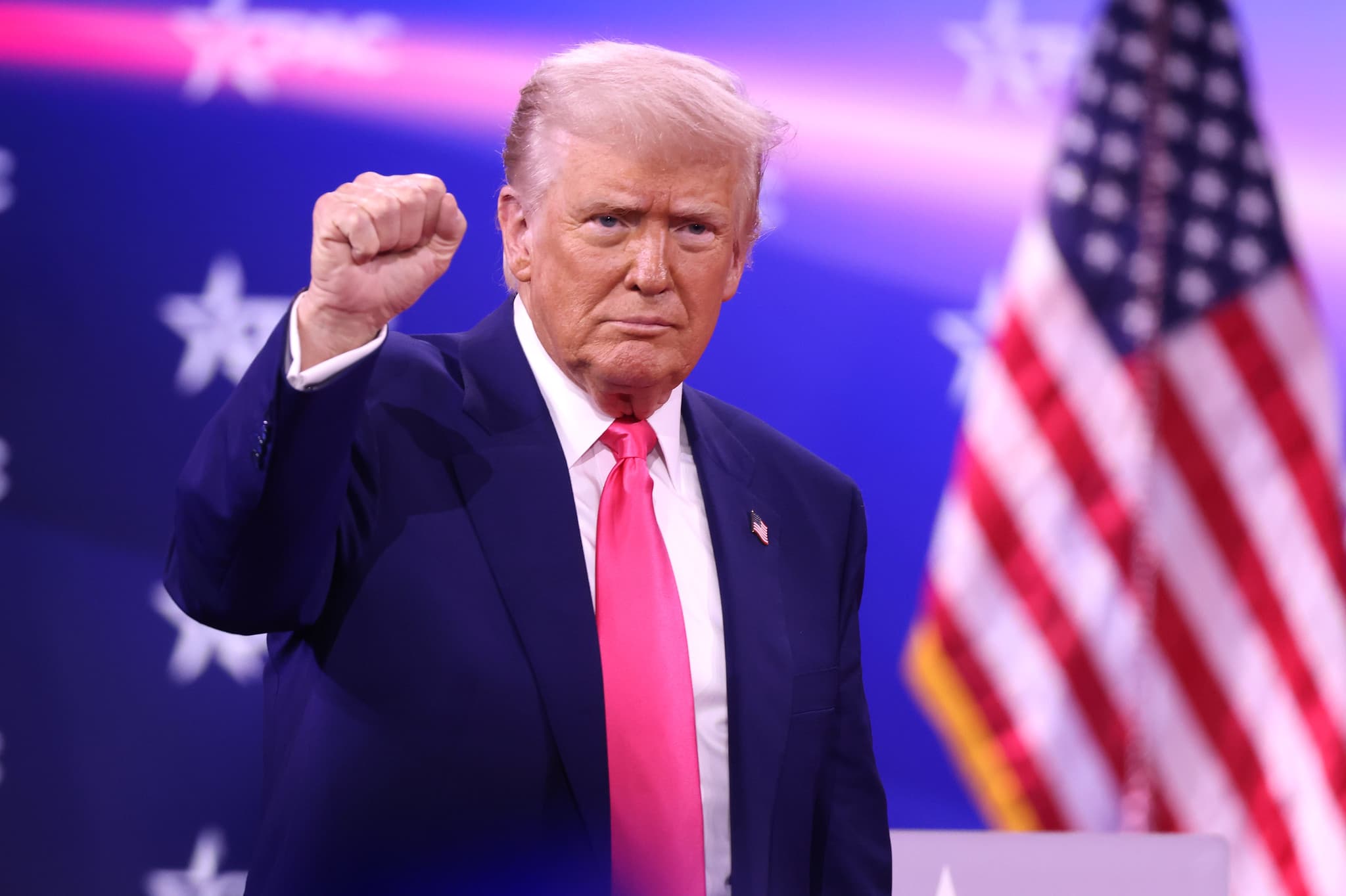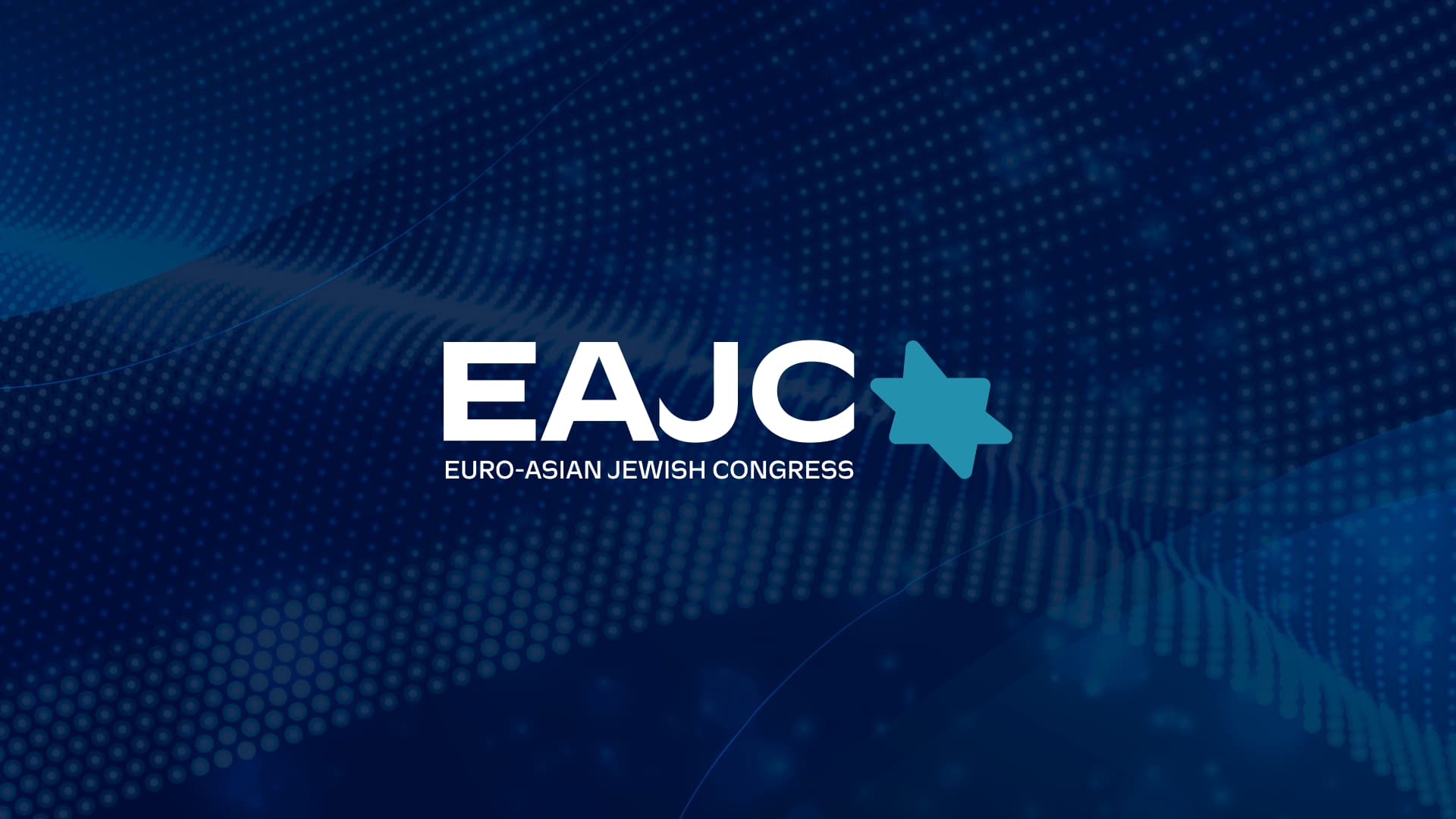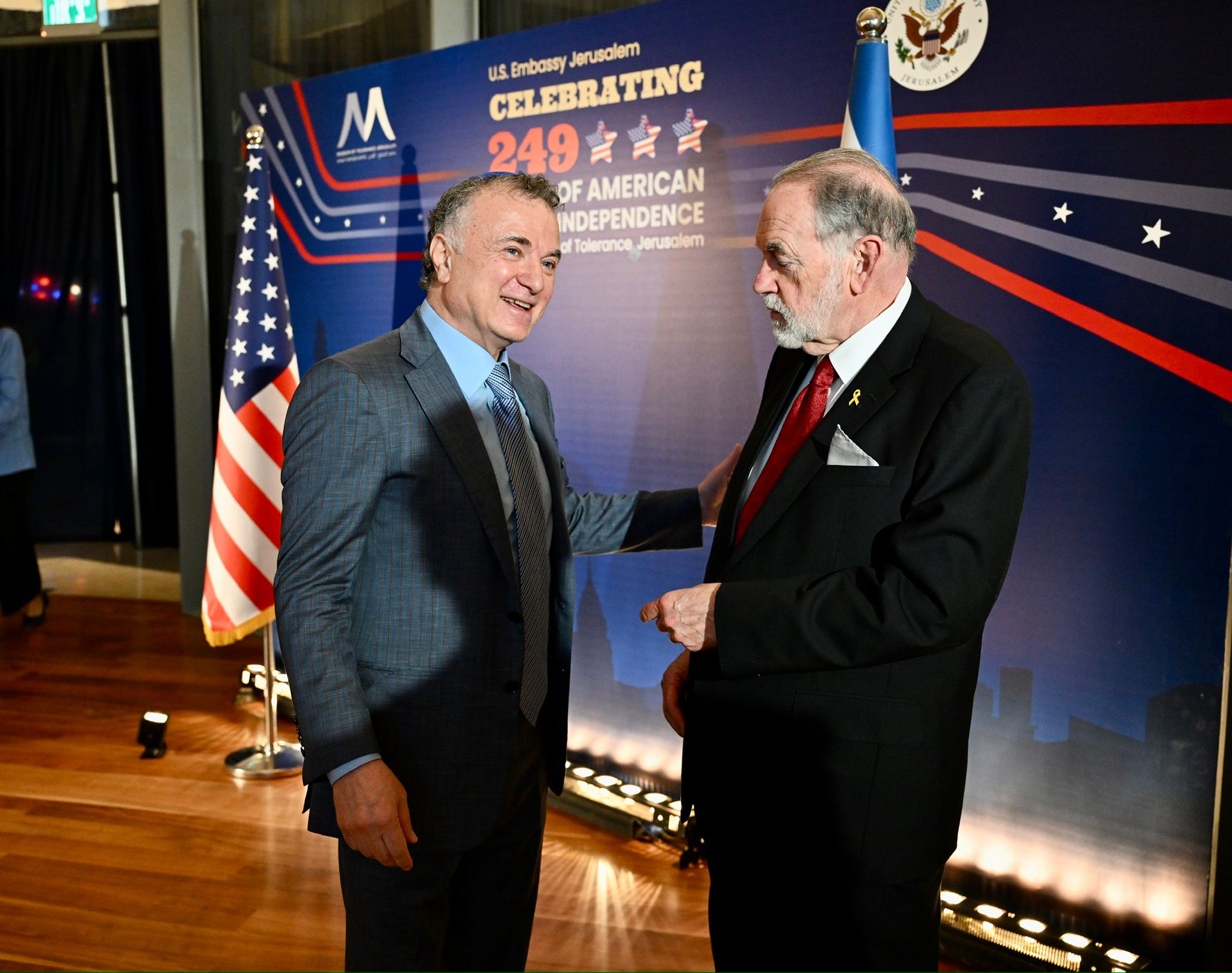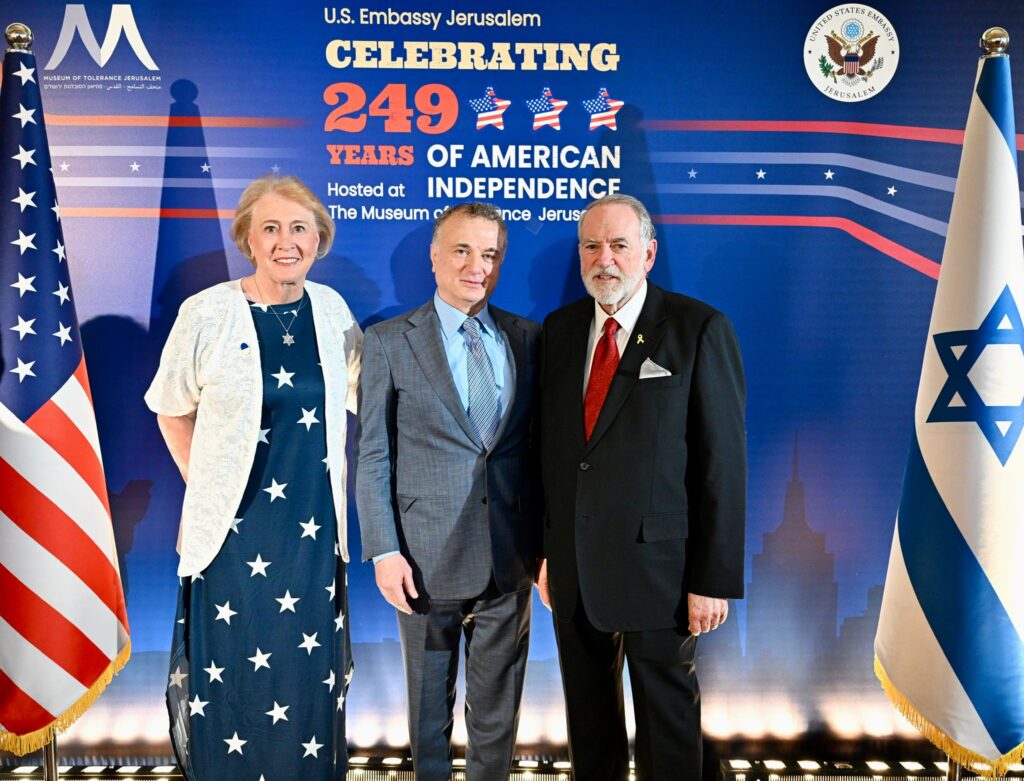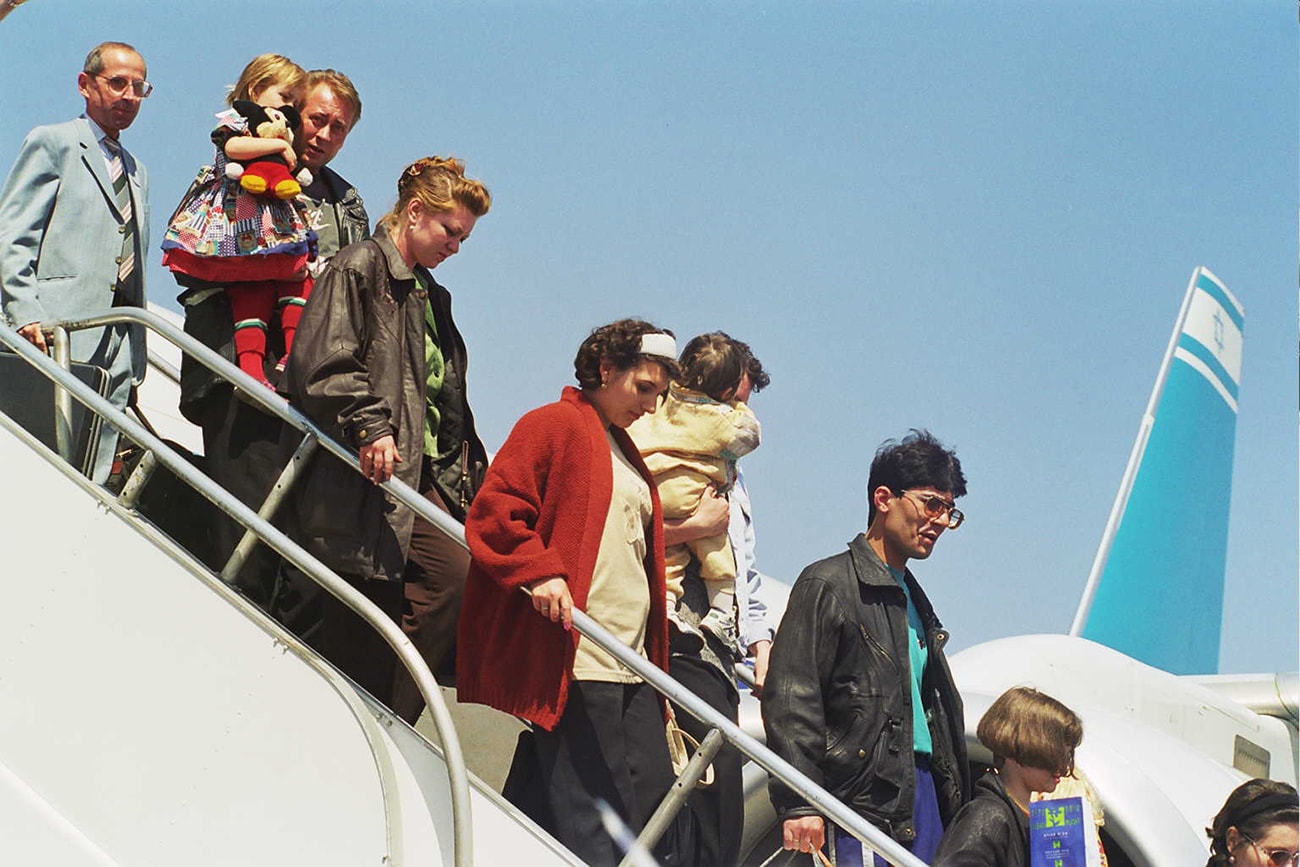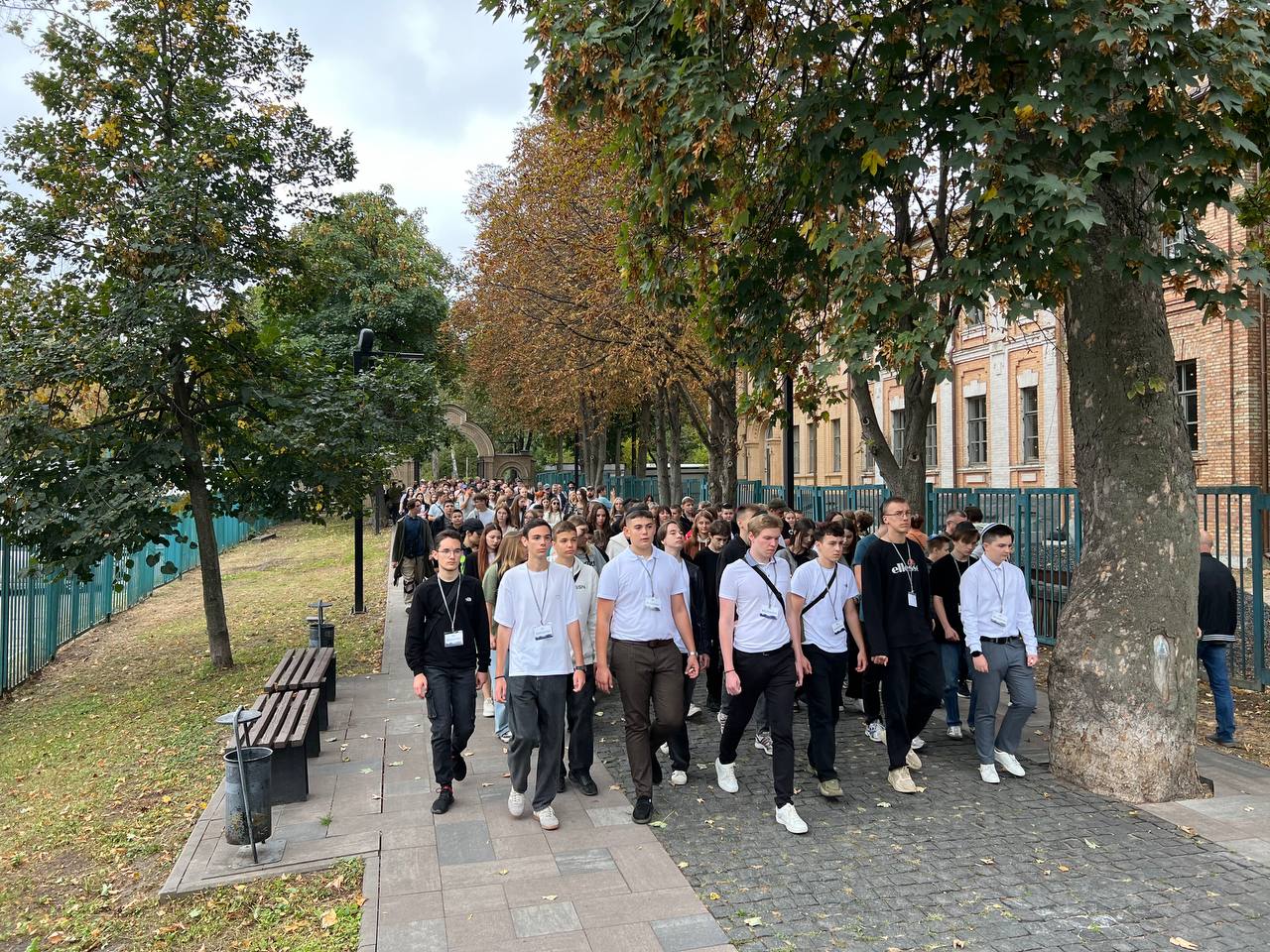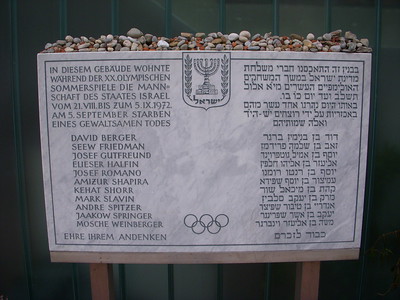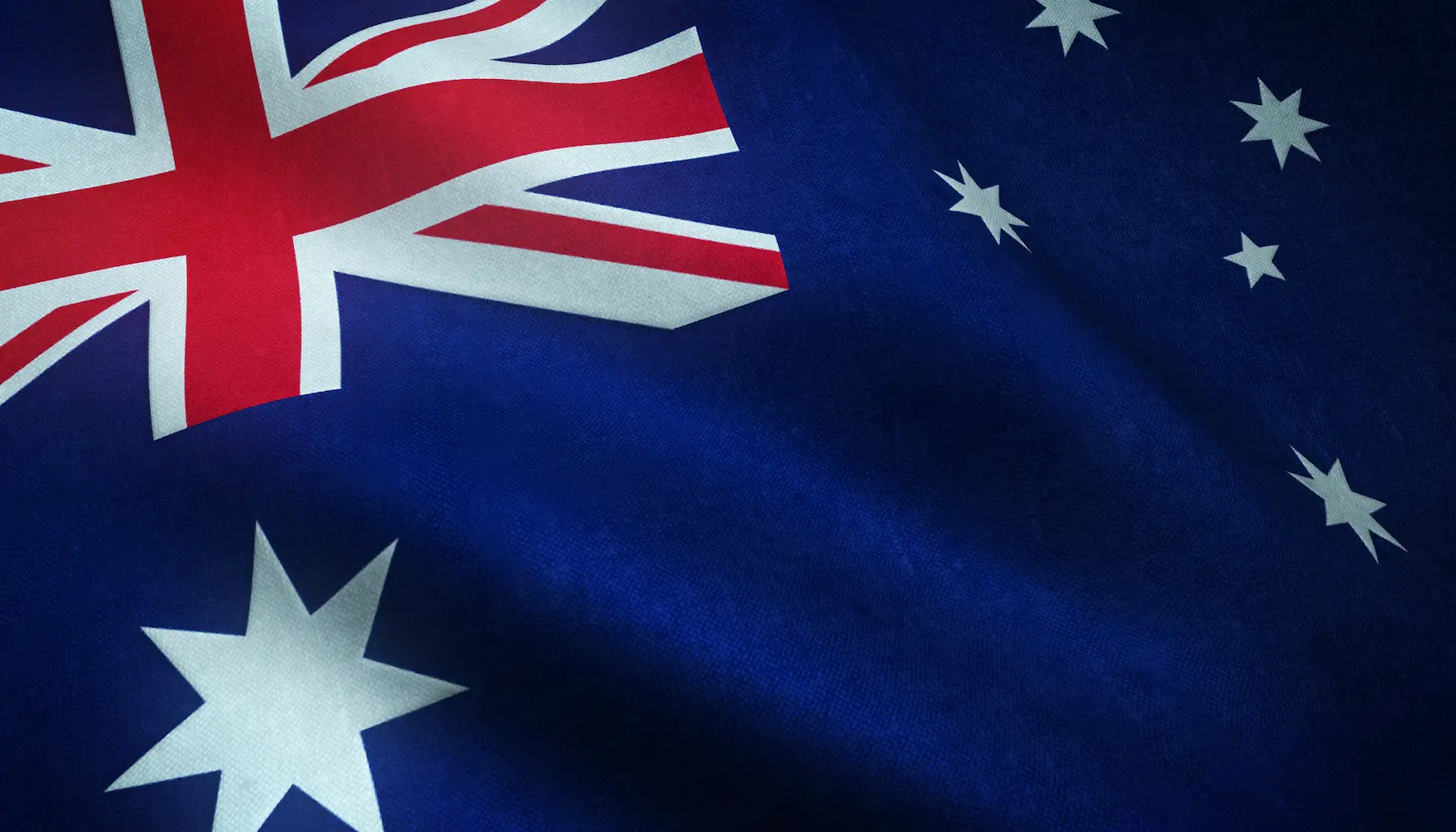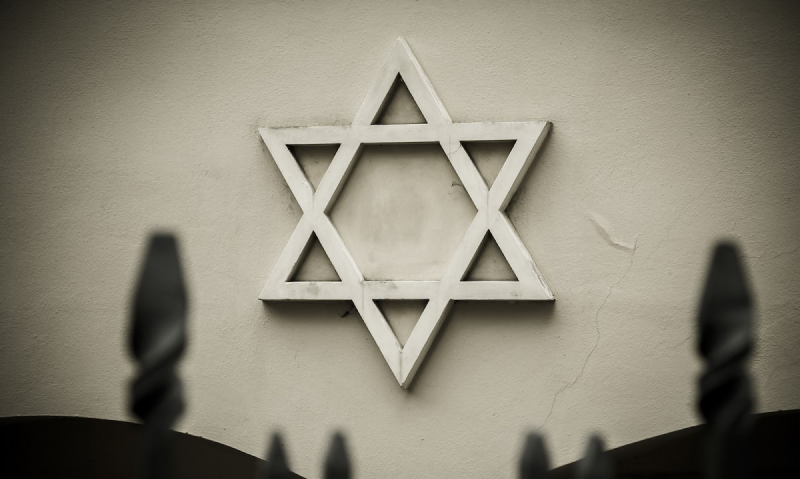Jerusalem Post published statement of gratitude to American leader
Dr. Michael Mirilashvili, President of the Euro-Asian Jewish Congress (EAJC), expressed profound gratitude to President Donald Trump and the people of the United States for their unwavering commitment to Israel’s security and decisive efforts to bring home kidnapped sons and daughters. In his statement published in The Jerusalem Post, he particularly highlighted the US role in promoting Middle East peace and President Trump’s visit to Israel as a symbol of the enduring strategic alliance between the nations.
The EAJC President emphasized that President Trump’s approach to conflict resolution proved to be significantly more practical and effective compared to the years-long efforts of international organizations. While countless UN resolutions often remained merely on paper, Trump acted with determination, efficiency, and achieved concrete results in the shortest possible timeframe. His approach clearly demonstrated that personal initiative, political will, and readiness to take responsibility can bring significantly more benefit to the world than endless declarations and committee meetings.
FULL TEXT OF THE STATEMENT:
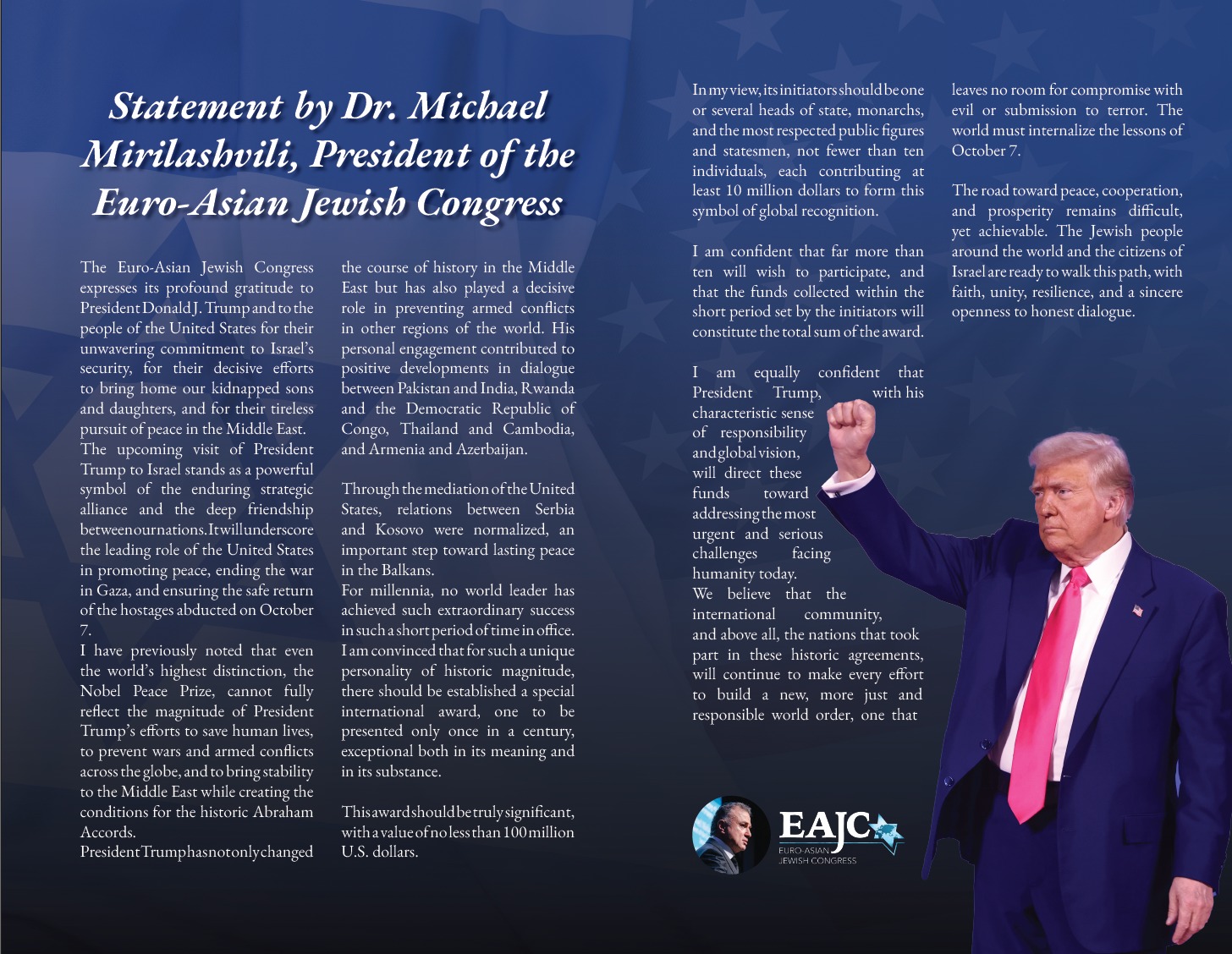
The Euro-Asian Jewish Congress expresses its profound gratitude to President Donald Trump and to the people of the United States for their unwavering commitment to Israel’s security, for their decisive efforts to bring home our kidnapped sons and daughters, and for their tireless pursuit of peace in the Middle East.
The upcoming visit of President Trump to Israel stands as a powerful symbol of the enduring strategic alliance and the deep friendship between our nations. It will underscore the leading role of the United States in promoting peace, ending the war in Gaza, and ensuring the safe return of the hostages abducted on October 7.
I have previously noted that even the world’s highest distinction, the Nobel Peace Prize, cannot fully reflect the magnitude of President Trump’s efforts to save human lives, to prevent wars and armed conflicts across the globe, and to bring stability to the Middle East while creating the conditions for the historic Abraham Accords.
President Trump has not only changed the course of history in the Middle East but has also played a decisive role in preventing armed conflicts in other regions of the world. His personal engagement contributed to positive developments in dialogue between Pakistan and India, Rwanda and the Democratic Republic of Congo, Thailand and Cambodia, and Armenia and Azerbaijan.
Through the mediation of the United States, relations between Serbia and Kosovo were normalized, an important step toward lasting peace in the Balkans. For millennia, no world leader has achieved such extraordinary success in such a short period of time in office.
I am convinced that for such a unique personality of historic magnitude, there should be established a special international award, one to be presented only once in a century, exceptional both in its meaning and in its substance.
This award should be truly significant, with a value of no less than 100 million U.S. dollars.
In my view, its initiators should be one or several heads of state, monarchs, and/or respected public figures and statesmen, no fewer than ten individuals, each contributing at least 10 million dollars to form this symbol of global recognition.
I am confident that far more than ten will want to participate, and that the funds collected within the short period set by the initiators will constitute the total sum of the award.
I am equally confident that President Trump, with his characteristic sense of responsibility and global vision, will direct these funds toward addressing the most urgent and serious challenges facing humanity today.
We believe that the international community, and above all, the nations that took part in these historic agreements, will continue to make every effort to build a new, more just and responsible world order, one that leaves no room for compromise with evil or submission to terror. The world must internalize the lessons of October 7.
The road toward peace, cooperation, and prosperity remains difficult, yet achievable. The Jewish people around the world and the citizens of Israel are ready to walk that path with faith, unity, resilience, and a sincere openness to honest dialogue.
